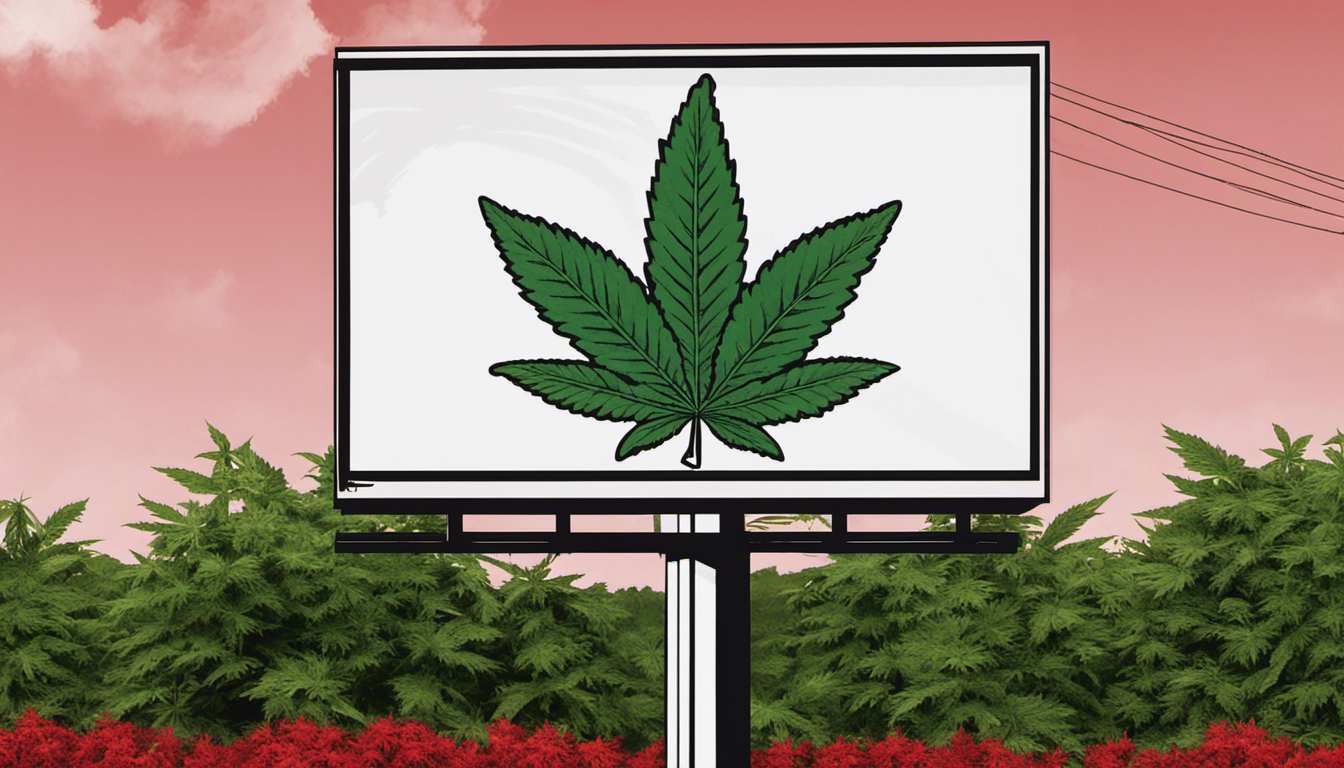Supreme Court Rejects Challenge to Mississippi’s Strict Marijuana Advertising Ban
The Supreme Court has declined to hear a case challenging Mississippi’s near-total ban on advertising medical marijuana, leaving in place a restriction that has been criticized for violating the free speech rights of cannabis businesses.
The case was brought by Clarence Cocroft, owner of Tru Source Medical Cannabis, who wanted to advertise on four billboards he owns. Cocroft argued that the ban, which prohibits advertising on billboards, newspapers, television, social media, and email lists, is unconstitutional because it restricts his ability to promote his business.
The 5th U.S. Circuit Court of Appeals ruled against Cocroft, citing the fact that marijuana is still illegal under federal law. The court said that Cocroft does not have a First Amendment right to advertise his business because marijuana is a controlled substance.
The Institute for Justice, which represented Cocroft, argued that the ban puts dispensaries in “First Amendment limbo” and serves no legitimate public purpose. The group noted that only a handful of states have a complete prohibition on marijuana, and that the federal government has historically allowed states to set their own laws regarding the drug.
Mississippi’s ban on marijuana advertising is similar to those in Arkansas and Alabama, according to the Institute for Justice. The group is calling on states to allow dispensaries to advertise their products and services in a way that is similar to other legal businesses.
The Supreme Court’s decision not to hear the case means that the ban will remain in place, leaving cannabis businesses in Mississippi with limited options for promoting their products. The case highlights the ongoing tension between state and federal laws regarding marijuana, and the need for clarity on the issue.












